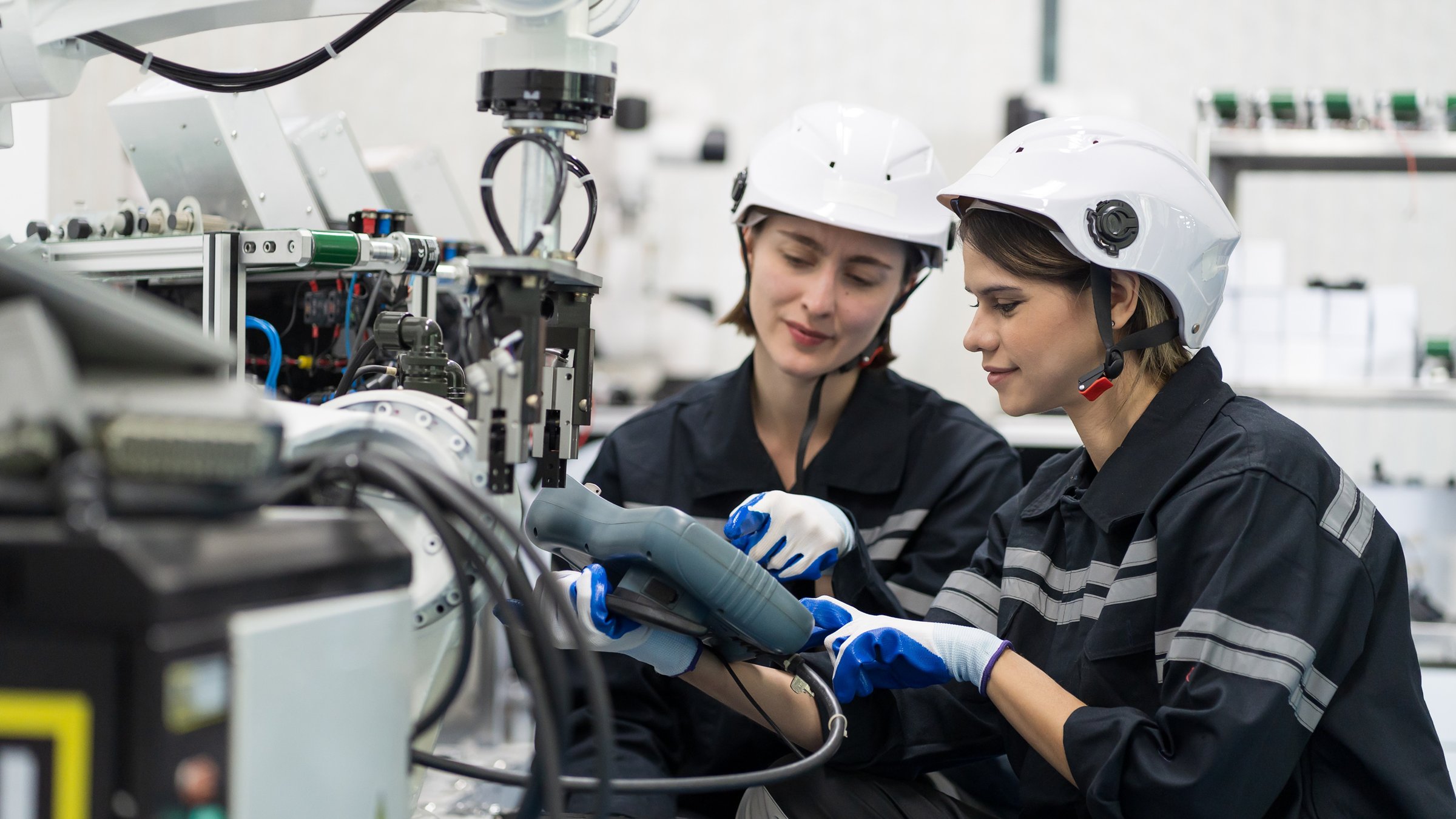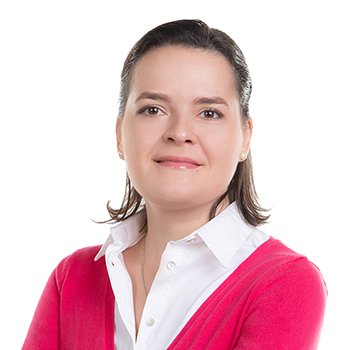Specific to IWD2024, to what extent does this sense of belonging, relevance and empowerment exist in your organization? In your industry? In the society/community you live in?
Inclusion and fostering a sense of belonging in employees of all genders is an important pursuit at Rockwell Automation. However, working in typically male-dominated manufacturing industries where only 29% of the talent pool is currently being represented by women, we see it as a critical part of our mission to attract, develop and retain more female employees. The principles of diversity, equity and inclusion (DEI) run through our business practices and are strongly reflected in initiatives such as the establishment of our Professional Women’s Council (PWC).
Both women and men need to play their roles in empowering inclusion and gender equality within the industry. At Rockwell Automation I’m pleased to have the support of senior management and peers when it comes to inclusivity. Unfortunately, this isn’t always the case in some sectors of our industry. Showing leadership by listening to what women actually want in a workforce e.g. fair pay, career growth opportunities, favorable maternity and childcare leave arrangement, equal opportunities for skills enhancement etc. is beginning to bring positive impacts not just to Rockwell and the manufacturing industry but to society as a whole.
I can personally attest that Rockwell is at the forefront of including women in the workforce. In a recent meeting with a customer, I noticed that the Rockwell team was represented by both genders across different races and cultural background, while the client’s team was all male. It is good to be leading by example.
We have also added a new space in our offices in Singapore and Malaysia, tailored to support mothers returning from maternity leave with amenities and privacy. Though seemingly minor, these accommodations are greatly appreciated by many.
Apart from our conscious efforts to attract and hire employees of diverse genders, we simultaneously look out for other aspects of diversity in our teams, be it race, age, professional background, etc. In our latest global inclusion index, we incorporated metrics including leveraging the diverse perspectives, backgrounds, and experiences of our employees to enhance business outcomes. This fosters an environment where employees feel comfortable being themselves at work and provides opportunities for their ideas to be embraced and implemented. When we ask our employees how we are doing on inclusivity we’ve received close to 90% favorable responses worldwide and have seen continual improvements year over year.
What is the most prevalent obstacle to inclusion?
As an industry I believe we've made significant strides in providing opportunities for hiring female employees whose skillsets match the roles. However, retaining these employees can be a challenge for some organizations where things like maternity leave and childcare benefits might be lagging expectations. Sometimes the benefits offered to foreign female employees are not as generous as those given to local ones, which could impact not just gender diversity but cultural diversity as well.
Drawing from your experience, what can we learn in terms of achieving inclusion?
Providing a safe space for women and men to have an open discourse about inclusion is one of the achievable ways of creating an inclusive environment. Spaces like these allow workers to voice their minds, leading to improved decision-making, diverse ideation and better business outcomes in the long run. This is what Singapore has been doing well and has helped create its impressive record of gender equality and inclusion in the workplace.
One way of achieving inclusion at Rockwell Automation is by investing in professional development and mentoring programs that provide guidance to aid female employees to understand their strengths and give them options for navigating their career paths. We also create leadership opportunities outside of traditional work roles, enabling female employees to develop new skills and gain experience in different areas.
Our PWC organizes activities around International Women’s Day each year as well as female-centered programs like sharing by female leaders, wellness workshops, cervical cancer awareness, mentor circles, etc. With more than 26 chapters worldwide, PWC has grown from being a social club to an employee resource group for women in Rockwell Automation. Each chapter works on a different vision depending on the rights of the women in that particular region, which makes PWC different from a normal corporate social club.
Embracing inclusion benefits the people involved as well as the business by accommodating diverse languages and cultural backgrounds, enhancing customer relations.
How will you inspire inclusion (in your function/in the enterprise)?
As a female country manager, I am hoping to inspire inclusion through leading by example, promoting diversity and inclusion initiatives and creating a supportive work environment for all. As a woman in the manufacturing sector, I know how challenging it is for females to grow in a sector which has traditionally been male dominated. I have previously experienced being the only female in the team, so I am grateful for the opportunity to engage with younger females who are starting their career and mentor them as they are navigating the industry. I hope I am inspiring more talented female professionals to succeed in the industry.
How do you plan to elevate your commitment to inspiring inclusion?
As a mother of two young children and a wife, I do speak openly to my team when I need to attend a school function or take my child to see a doctor. I think when it comes from leadership, it normalizes these mundane tasks and makes everyone (not only females) feel more trusted to deliver their work, while at the same time tending to their own health or family needs.
During Diversity and Inclusion month we dedicated 15 minutes in weekly team meetings for the team members to share their understanding of DEI or how they handled certain situations. Team members took turns to speak on the subject and it was quite revealing to see how DEI touches every one of us in its own way. This is how we can learn from each other and elevate.
By continuously elevating and enhancing our practices, we aspire to cultivate an environment where each individual can thrive, irrespective of background or identity.
Originally published on FutureCIO
Published April 1, 2024


